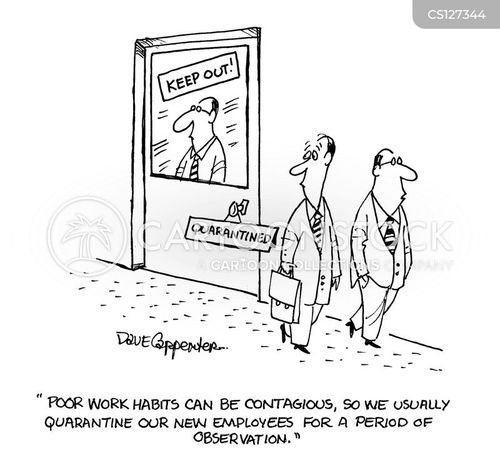In today’s economy, more and more workers are being laid off and relying on the employment insurance program. Today we’re featuring the history of Canada’s Employment Insurance program. When did it start? Why did it start? What’s it like today?
The Employment Insurance program was launched in response to severe economic conditions during the Great Depression. The Depression lasted from 1929 right up until the Second World War in 1939. During that time, millions of Canadians were out of work. With no government aid, families were forced to rely on whatever community aid was available. Many Canadians lost their homes, and many more were unable to provide for their families.
There was a lot of discussion about the pros and cons of an unemployment insurance program (as it was then called). People who were in favour of unemployment insurance said it would give families enough income to keep food on the table and a roof over their heads. But others felt that such a program would encourage people to stay unemployed.
Despite the debate, the Unemployment Insurance Act came into effect in 1941. In 1971, the program expanded, and began to cover maternity and sickness benefits. In 1996, the program changed its name to Employment Insurance. Today, EI places an emphasis on skills training. The program encourages laid-off workers who receive benefits to attend training programs before re-entering the workforce.
Employment Insurance operates like any insurance program: workers pay into a fund, and can apply for benefits under certain conditions. Workers most commonly receive benefits when they are laid off. However, they can also receive benefits when caring for a newborn or newly adopted child (maternity, parental and adoption benefits), when suffering from a long-term illness (sickness benefits), or when caring for a family member who is seriously ill (compassionate care benefits). Not all workers are eligible for benefits. Eligibility depends on how long workers have been employed and what type of work they have been doing.
Adapted from information on www.hrsdc.gc.ca
Task 1:
- Highlight the information you think you need to take notes on.
- introduce the history of Canadian's employment insurance
- background of needs for Canadian's employment insurance
- the disadvantage and advantage of Canadian's employment insurance
- the changes of Canadian's employment insurance after it became an Act
- the coverage and requirements of Canadian's employment insurance
- Take notes on the key information.
- It was started due to severe economic conditions
- people had money to support their family, but others thought this might encourage people to stay unemployed
- this program was expanded and hope laid-off workers who receive benefits to attend training programs
- there are some certain conditions people have to have if they want to apply for the benefits. this program also includes maternity, parental and adoption benefits; sickness benefits; compassionate care benefits.
- Use your notes to write one paragraph summary of the text.
EI program was started due to severe economic conditions from 1929 to 1939. People who were laid off had enough money to support their family by relying on this program. However, other people thought this program encouraged people to stay unemployed. Then, this program became an Act in 1941. It was expanded and began to cover maternity and sickness benefits. At the meantime, there are some certain requirements for people who want to apply for benefits.
Task 2:
Listen to this presentation and answer the following questions.
- How many parts are in the talk? two parts
- Write the main topics that the presentation will address. Take notes on key information.
Alberta and Saskatchewan: they are prairie provinces and same in geography
difference: geography, climate, economic and democratic
- Write headings for your notes.
similar in climate, s humiliate in centre and east dryer to west. a is cooler and dryer because of rockey mountain
larger oil production. share many agriculture crops, wheat beef cattle, A produce soft wood lumber
a larger economic because of oil production. s less population than a
- Compare your notes with two of your peers and discuss the strategies you used (listening for key words, using abbreviations, using a chart).
- List all the new vocabulary that you have picked from the presentation and use them in sentences of your own

